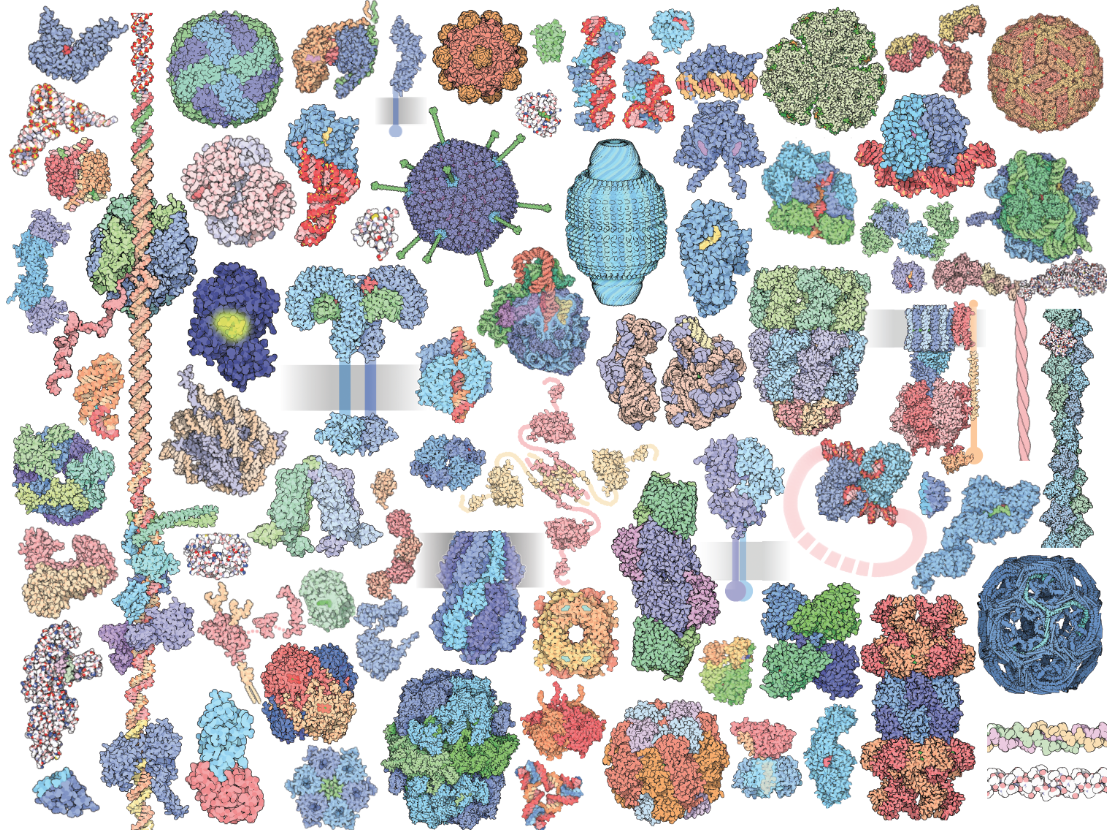News
SDSC and SingAREN Commit to Improving Data Access
03/06
Joint effort is expected to accelerate regional scientific discovery, education and innovation
The San Diego Supercomputer Center (SDSC) at the University of California San Diego and the Singapore Advanced Research and Education Network (SingAREN) in Singapore are giving the research community in Asia a big boost with a technology tool to advance scientific discovery in the region.
During the recent SupercomputingAsia 2023 conference, the two organizations announced their signing of a Memorandum of Understanding (MOU) to work toward deploying in the sovereign island/city-state a data cache – a data block for storing information for easy re-access. SDSC will contribute a high-performance server that will be hosted at the SingAREN Open Exchange, located at Equinix SG3. SingAREN will provide the high-speed international connectivity for the server in the region.
Deploying the cache server at SingAREN will provide researchers in Asia – particularly those working in the fields of genomics, climate science and materials science – with faster and more efficient access to data. This in turn will enable quicker and more efficient cutting-edge research and discoveries.
“The deployment of the server is a major milestone for making open data more accessible to researchers in the region, Asia and Oceania. SingAREN is happy to work in partnership with SDSC to make this service available to the community,” said SingAREN’s Acting President Professor Francis Lee Bu Sung.
Over the next three years, the two organizations will actively work together in support of the Open Science Data Federation and the Research Collaboratory for Structural Bioinformatics Protein Data Bank (RCSB PDB) – a leading global resource for macromolecular experimental data, integral to scientific discovery across a multitude of disciplines – to ensure fast and easy access to the cache server for researchers in Asia and Oceania.
“The Open Science Data Federation supports the notion of ‘data origins’ that host data and ‘data caches’ via which data is accessed. Together they implement the notion of ‘any data, anytime, anywhere’, supporting open science with open data globally,” said SDSC Director Frank Würthwein.
About half of the global traffic to RCSB.org [the research-focused web portal of the RCSB PDB, which operates the U.S. data center of the Worldwide PDB (wwPDB) partnership], originates from Asia and Oceania – highlighting significant demand for data access in the region, according to Stephen K. Burley, RCSB PDB director/principal investigator.
“Deployment of an RCSB.org data cache in Singapore will benefit researchers in the region with faster access to data, streamlining data delivery and alleviating congestion on servers in the U.S.,” said Burley. “The cache will complement data delivery provided by wwPDB data centers in Osaka, Japan (Protein Data Bank Japan), Shanghai, People’s Republic of China (Protein Data Bank China) and Hinxton, United Kingdom (Protein Data Bank in Europe),” added Burley.
Jose Duarte, who manages the RCSB PDB site at SDSC, said: “RCSB PDB is headquartered at Rutgers, The State University of New Jersey, with additional performance sites at SDSC (UC San Diego) and UC San Francisco, running parallel data centers in both coasts at Rutgers and SDSC. The new Singapore deployment will add to its capacity, enabling lower latency data access and efficiency gains for the Asian and global biomedical research communities.”
According to SDSC and SingAREN, the signing of the MOU marks a significant step forward in their partnership and underscores their shared commitment to supporting the scientific community to advance scientific discovery through technology.













